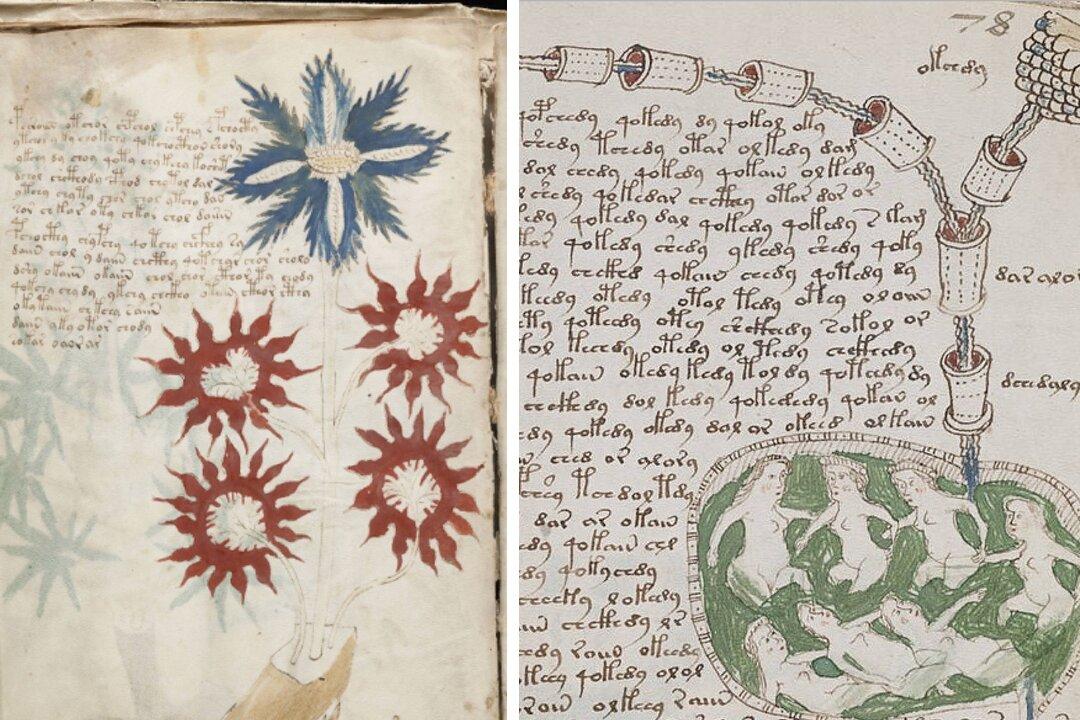A historian recently decoded a 15th-century manuscript that’s considered to be the world’s most mysterious text. Researchers, however, say humanity is still in dark about its meaning. They are questioning the recent decrypting, with one even calling it “self-fulfilling nonsense.”
The Voynich manuscript is a strangely illustrated 234-page-long manuscript that was first discovered in the 19th century. It has perplexed historians and cryptographers ever since.





